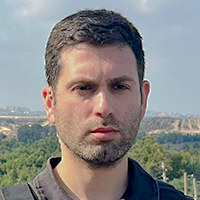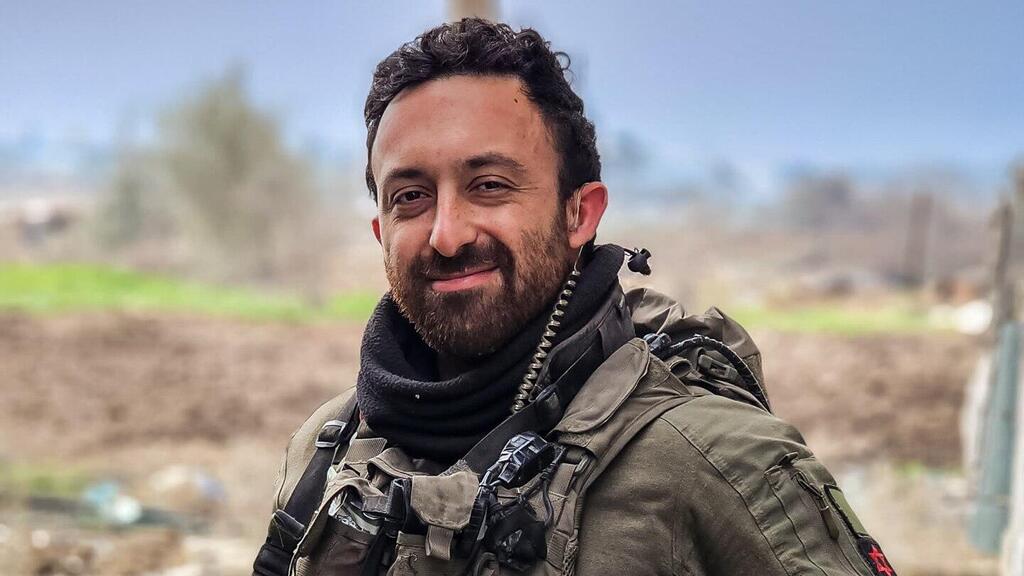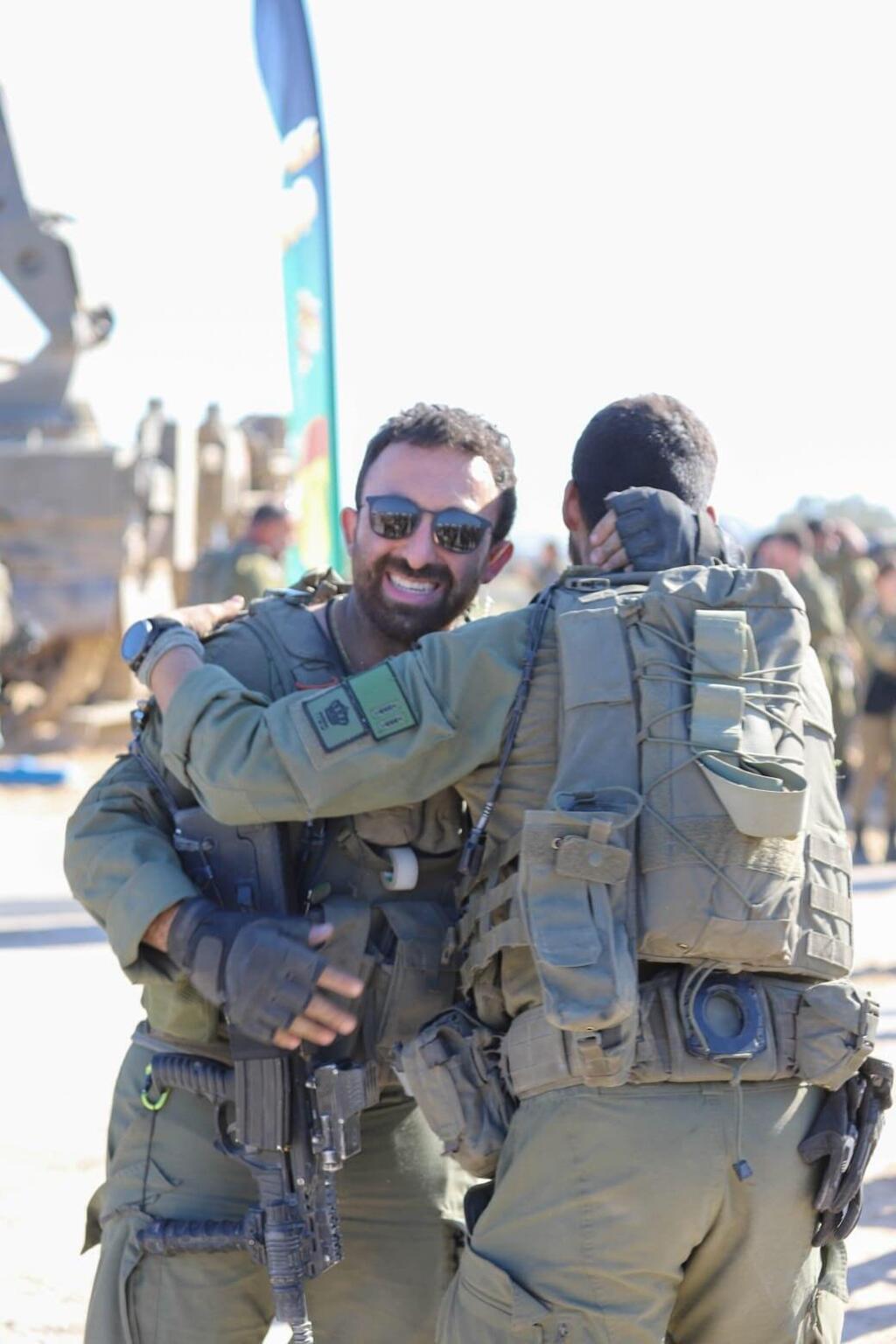"The soldier began to tremble in my hands," recounts Dr. Shachaf, the physician of the Givati Brigade's Shaked Battalion. "Durning the evacuation in the APC, he was starting to murmur, his vital signs dropped. But unlike the usual medical protocol, I felt it was best not to perform the procedure there.”
Since the beginning of the war, Dr. Shachaf treated around 80 injured soldiers from his unit. He himself was injured twice in Gaza and returned twice to the battlefield to treat and fight. “I convinced the doctor of the elite Israeli Air Force Unit 669 not to proceed with the procedure and let the hospital handle it. Two days later, they told me my unconventional decision saved him. He had small lung tears, and such a procedure would likely have led to his death.”
Dr. Shachaf refused a specific treatment process because he wanted to return to the field: “During the peak of the fighting in Gaza, I encountered something while running, suffered severe pains, and was sure I had twisted my ankle. I continued to fight because I couldn't leave the soldiers alone. After a month of fighting and field treatments, we left Gaza for a break, and tests revealed ankle fractures and muscle tears. They wanted to operate on me, but I refused to return to the field sooner.”
“After returning to the battalion,” he adds, “I treated a soldier wounded by RPG fire, put him in a vehicle, and then we were hit by an anti-tank missile. Luckily, I stood above the first casualty and behind another soldier – so they were unharmed. I immediately asked everyone who was injured, and they said everyone was fine – but then I saw I was bleeding. I removed my vest and saw two more shrapnel pieces had entered my chest from the side.”
“At the Tel Aviv Sourasky Medical Center, they found about 20 shrapnel pieces that had entered my palm, and luckily, I found a doctor who knew me well and treated me excellently because he was a specialist in palm injuries. Despite family pressures, I returned to Gaza within two days.”
The soldier who was severely injured and whose life was saved by Dr. Shachaf is Romano Shavit, who describes: “My soul passed through the hole of the shrapnel. If Dr. Shachaf had made a different decision, I would probably be dead.”





